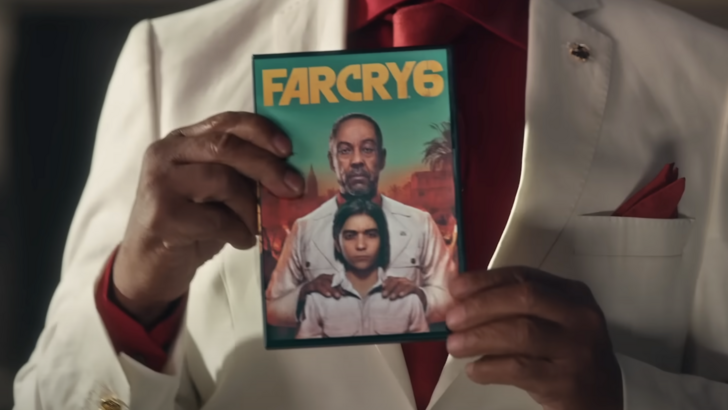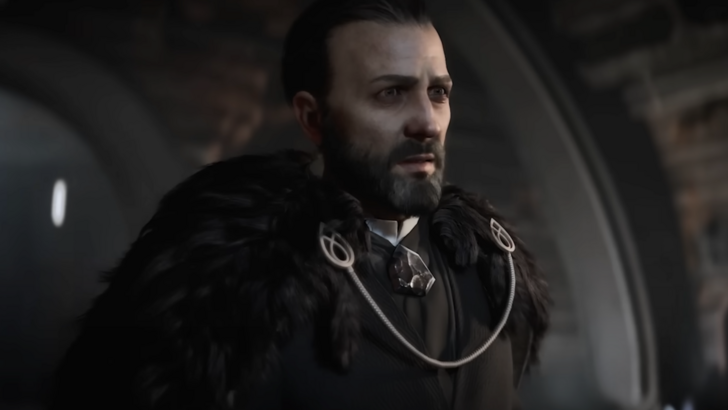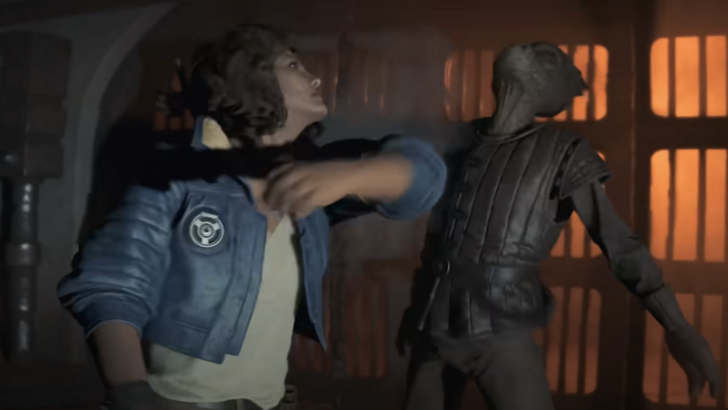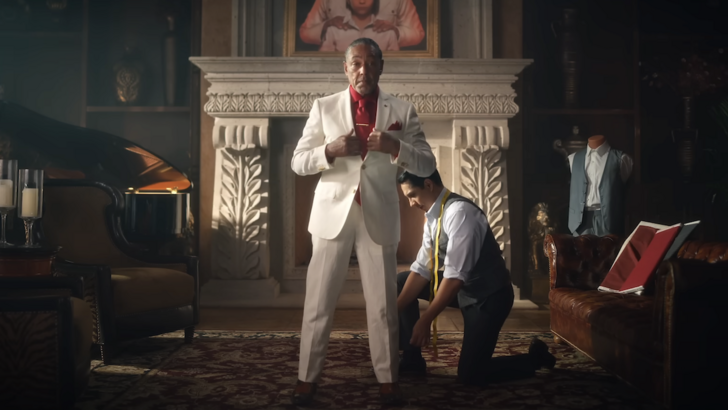Steam, Epic Must Acknowledge: You Don't Own Games on Their Platforms
Law in California Has Been Passed to Let Players Know If Game Purchases Also Mean Ownership
Takes Effect Next Year

A groundbreaking law in California, signed into effect by Governor Gavin Newsom, aims to bring transparency to digital game purchases. Starting next year, digital storefronts like Steam and Epic Games will be required to clarify whether a purchase grants ownership or merely a license to use the product. This law, AB 2426, targets false and misleading advertising of digital goods, including video games and related applications.
The legislation defines a "game" as any application or game accessed and manipulated through various devices, including additional content or add-ons. To ensure consumers receive this critical information, the law mandates that digital stores use clear and conspicuous text, such as larger or contrasting fonts, to highlight these details.

Violators of this law may face civil penalties or misdemeanor charges. The act emphasizes the importance of transparency, stating that existing laws already hold violators accountable for false advertising. Furthermore, it prohibits sellers from advertising digital products as having "unrestricted ownership," unless the product can be downloaded and accessed offline indefinitely.
"As we transition to a predominantly digital marketplace, it's vital for consumers to understand the true nature of their transactions," legislators noted in the bill's commentary. They highlighted that without offline access, sellers can revoke access at any time, underscoring the difference between ownership and licensing.

The law will also ban the use of terms like "buy" or "purchase" unless it's made clear that these do not imply unrestricted ownership. Assemblymember Jacqui Irwin, who sponsored the bill, stressed the necessity of these consumer protections as physical media sales decline. "I thank the Governor for signing AB 2426, ensuring deceptive advertising about ownership of digital media becomes a thing of the past," Irwin stated.
Provisions on Subscription-Based Services Still Murky

Recent incidents, such as Ubisoft's decision to take The Crew offline due to "licensing constraints," have sparked debates about consumer rights in digital gaming. These events often occur without warning, leaving players unable to access games they've paid for.
However, the new law does not address subscription-based services like Game Pass or the specifics of offline game copies, leaving these areas somewhat unclear. Earlier this year, Ubisoft executive Philippe Tremblay suggested that gamers should grow comfortable with not owning games, drawing parallels to the shift from owning CDs and DVDs to using subscription models.

"One of the things we saw is that gamers are used to, a little bit like DVD, having and owning their games. That's the consumer shift that needs to happen," Tremblay explained. He emphasized that while players may not own the game, their progress and engagement with the game remain intact, advocating for comfort with this new reality.
Assemblymember Irwin further clarified the intent of the law, stating, "When a consumer purchases an online digital good like a movie or TV show, they often believe they've gained permanent ownership. In reality, they've only purchased a license, which the seller can revoke at any point." This law aims to bridge the gap between consumer expectations and the actual terms of digital purchases.

-
Dungeons & Dragons (D&D) is the iconic tabletop role-playing game that combines collaborative storytelling with strategic gameplay through dice mechanics. Fueled by mainstream hits like the "Honor Among Thieves" movie and Baldur's Gate 3's success, tAuthor : Dylan Feb 24,2026
-
Randy Pitchford has responded to the criticism surrounding his controversial "$80 for real fans" tweet about Borderlands 4 after someone transformed it using a Handsome Jack AI voice.The backlash began when Pitchford replied to a concerned fan worrieAuthor : Ethan Feb 23,2026
-
 Mask Evolution: 3D Run GameDownload
Mask Evolution: 3D Run GameDownload -
 Weekend Lollygagging modDownload
Weekend Lollygagging modDownload -
 Cartoons QuizDownload
Cartoons QuizDownload -
 Siêu hũ Thiên Thai CLUBDownload
Siêu hũ Thiên Thai CLUBDownload -
 4 Фото 1 Слово. Где логика?Download
4 Фото 1 Слово. Где логика?Download -
 Words Crush: Hidden Words!Download
Words Crush: Hidden Words!Download -
 High Neck RunDownload
High Neck RunDownload -
 Game Tổng hợpDownload
Game Tổng hợpDownload -
 Journey to BlissDownload
Journey to BlissDownload -
 Zombie Sniper War 3Download
Zombie Sniper War 3Download
- HoYo Fest 2025: Fresh Updates on Comeback
- Mastering Two-Handed Weapons in Elden Ring: A Guide
- Roblox Simulator Codes: Unlock Exclusive Rewards!
- Wuthering Waves: Uncover the Secrets of Whisperwind Haven's Palette
- Ultimate Guide to Shinigami Progression in Hollow Era
- Top 25 Palworld Mods to Enhance Your Game













